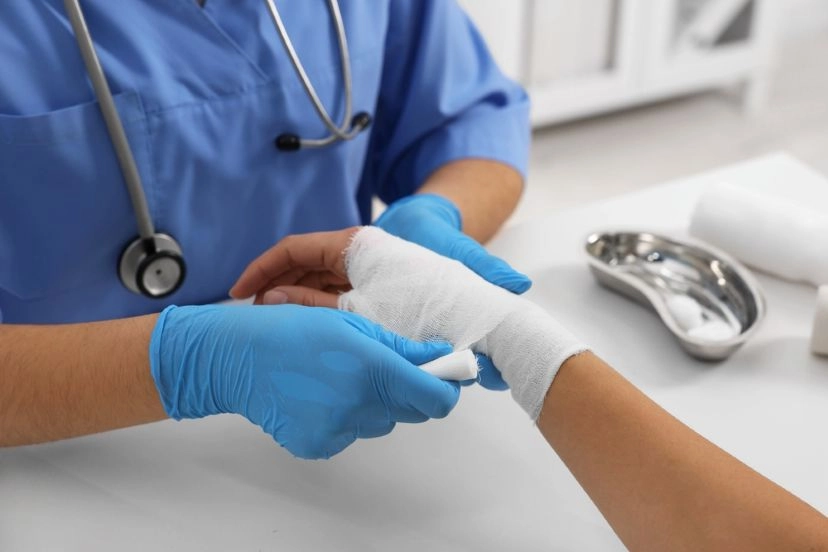Norovirus : A Harmful Agent Causing Sudden Diarrhea

Norovirus is a virus that is a common cause of gastrointestinal infections, leading to acute inflammation of the stomach and intestines (gastroenteritis). The infection often occurs through the consumption of contaminated food or water or close contact with infected individuals. This disease can spread easily and rapidly among large groups of people, particularly in crowded places such as schools, hospitals, workplaces, or cruise ships. Norovirus infections are also commonly encountered during the winter season.
Causes
Norovirus infection is primarily caused by the Norovirus itself, a common pathogen responsible for gastrointestinal illnesses. The virus can remain in an infected person’s feces and the environment for up to two weeks, allowing it to spread easily, especially during the winter season. It is highly contagious and resistant to destruction by alcohol-based sanitizers, making it difficult to eliminate through standard disinfection methods.
Characteristics and Spread
Norovirus is a small virus highly resistant to various environmental conditions, enabling it to survive in diverse climates and spread easily. Common modes of transmission include:
1. Consumption of Contaminated Food or Water
- Raw or undercooked food, seafood, or unwashed fruits and vegetables.
- Contaminated ice or water.
2. Contact with Contaminated Surfaces
- Touching objects such as door handles, tables, or utensils that have been contaminated by the virus.
3. Direct Contact with Infected Individuals
- Sharing utensils, caring for an infected person, or inhaling aerosolized particles of the virus.
Symptoms of Norovirus Infection
The incubation period for Norovirus typically ranges from 24 to 48 hours after exposure. Common symptoms include:
1. Nausea and Vomiting
2. Diarrhea (usually watery stools)
3. Abdominal Pain and Cramps
4. Low-Grade Fever
5. Body Aches and Fatigue
These symptoms are usually self-limiting and resolve within a few days, but they can cause significant discomfort and dehydration, especially in vulnerable groups such as young children, the elderly, or individuals with weakened immune systems.
Prevention and treatment methods
Currently, there is no medicine that can directly treat norovirus. Treatment is symptomatic. Treatment focuses on relieving symptoms and preventing complications, such as vomiting, giving antiemetics. If dehydrated, give intravenous electrolytes or saline. Antibiotics are not useful in treating norovirus infection. For those with severe symptoms, see a doctor for appropriate treatment.
Prevention of Norovirus Infection
Preventing Norovirus can be achieved through simple measures, including the following guidelines:
1. Hand Hygiene Wash hands thoroughly with soap and water after using the restroom, before eating, and after contact with infected individuals.
2. Food Safety Eat well-cooked food, particularly seafood, and avoid consuming raw or undercooked foods. Wash fruits and vegetables thoroughly before consumption.
3. Eat Hot and Use Utensils Properly Consume food while it is hot and use serving utensils, such as shared spoons, to avoid contamination.
4. Surface Disinfection Clean frequently touched surfaces and objects with disinfectants to kill the virus.
5. Avoid Close Contact with Infected Individuals Refrain from direct contact with sick individuals and do not share personal items with them.
Norovirus is a disease that is not serious for the general public, but the spread of this virus can have widespread effects. Prevention and proper personal hygiene are the best ways to reduce the risk of infection. If you experience any unusual symptoms or suspect that you have been infected, you should consult a doctor for proper diagnosis and treatment.


